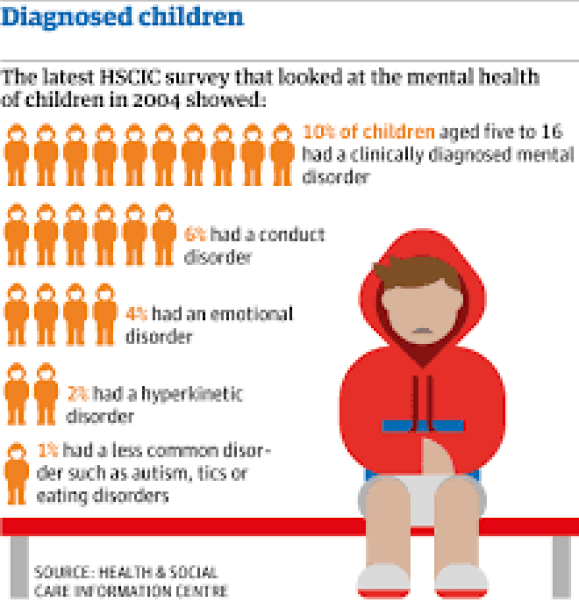Hormones are powerful chemical messengers that regulate various bodily functions, including metabolism, growth, mood, and reproduction. It is essential to understand how hormonal health impacts overall well-being, especially in the ever-evolving landscape of technology and modern living.
The Role of Hormones in the Body
Hormones are produced by various glands in the endocrine system, such as the pituitary gland, adrenal glands, and thyroid gland. These hormones travel through the bloodstream to target organs or tissues, where they help regulate processes like metabolism, sleep, stress response, and reproductive functions.
One of the most well-known hormones is cortisol, often referred to as the stress hormone. Cortisol helps the body respond to stress by increasing blood sugar levels, suppressing the immune system, and aiding in the fight-or-flight response. Chronic stress can lead to imbalances in cortisol levels, which can have a negative impact on overall health.
Technology’s Influence on Hormonal Health
In today’s digital age, technology plays a significant role in our daily lives. From smartphones to smartwatches and fitness trackers, we are constantly connected and bombarded with information. The blue light emitted from screens can disrupt the body’s natural circadian rhythm, leading to sleep disturbances and hormonal imbalances.
Additionally, the constant notifications, emails, and social media updates can contribute to increased stress levels, leading to an overproduction of cortisol. This chronic stress can dysregulate other hormones, such as insulin and thyroid hormones, affecting metabolism and energy levels.
Signs of Hormonal Imbalance
Recognizing the signs of hormonal imbalance is crucial for maintaining overall health and well-being. Common symptoms of hormonal imbalances include fatigue, weight gain or loss, mood swings, irregular menstrual cycles, and hair loss. If left untreated, hormonal imbalances can lead to more serious health conditions, such as diabetes, thyroid disorders, and infertility.
Balancing Hormones Naturally
While technology may contribute to hormonal imbalances, there are ways to restore balance naturally. Eating a balanced diet rich in fruits, vegetables, lean proteins, and healthy fats can support hormone production and regulation. Regular exercise, adequate sleep, and stress management techniques like meditation and yoga can also help maintain hormonal health.
Additionally, incorporating adaptogenic herbs like ashwagandha, rhodiola, and holy basil can help the body adapt to stress and support hormone balance. These herbs have been used for centuries in traditional medicine to improve energy levels, reduce inflammation, and promote overall well-being.
Seeking Professional Help
If you suspect you have a hormonal imbalance, it is important to seek professional help from a healthcare provider or endocrinologist. They can perform blood tests to assess hormone levels and develop a treatment plan tailored to your needs. Hormone replacement therapy, dietary changes, supplements, and lifestyle modifications may be recommended to restore hormonal balance and improve overall health.
Conclusion
Understanding hormonal health and its impact is crucial for maintaining overall well-being in today’s technology-driven world. By recognizing the signs of hormonal imbalances, making lifestyle changes, and seeking professional help when needed, you can support your body’s natural hormone production and regulation. Remember, taking care of your hormonal health is essential for living a happy, healthy, and balanced life.


